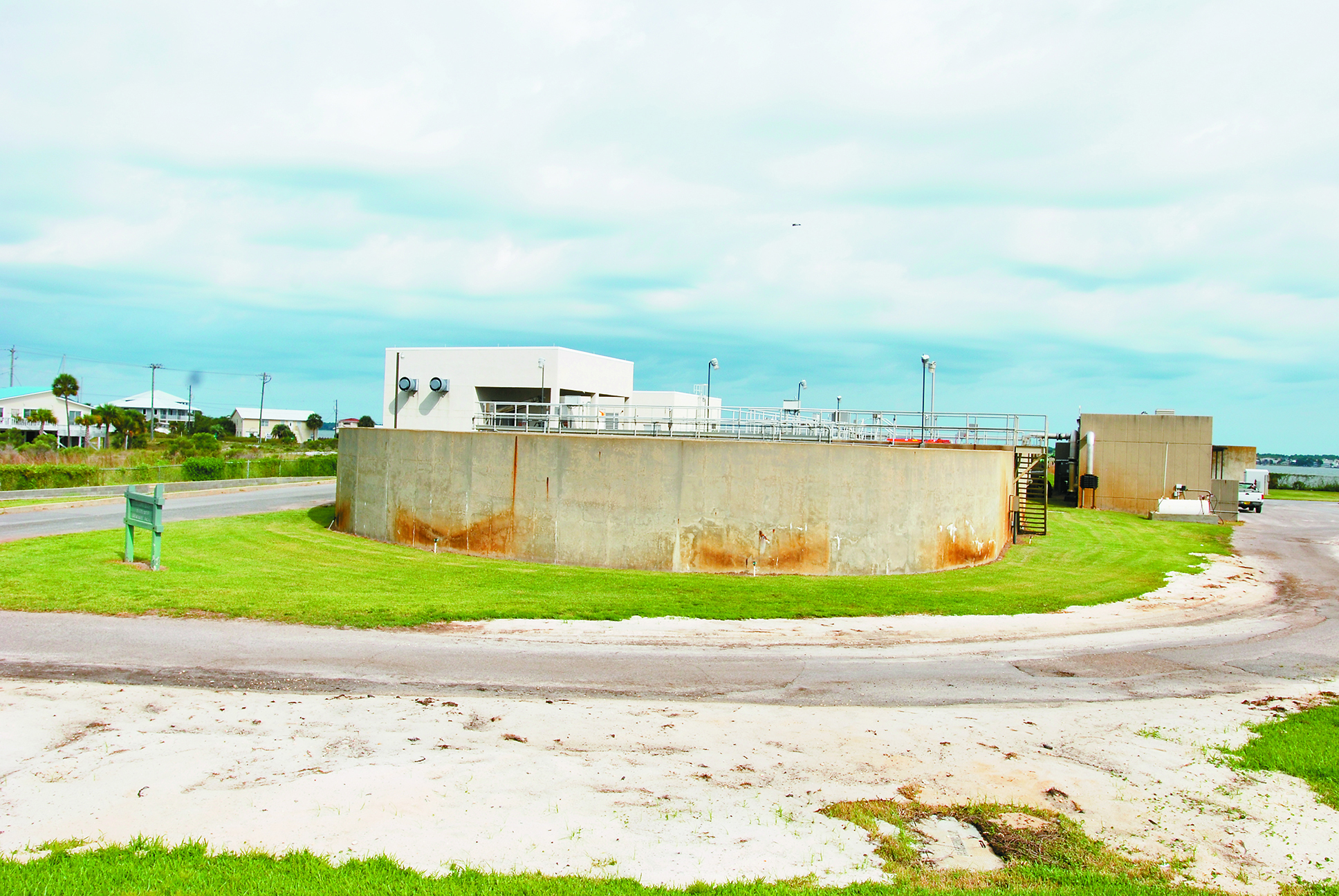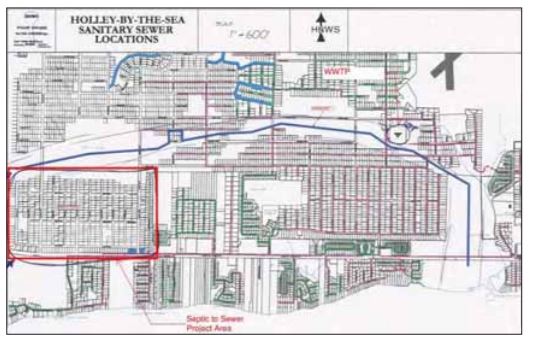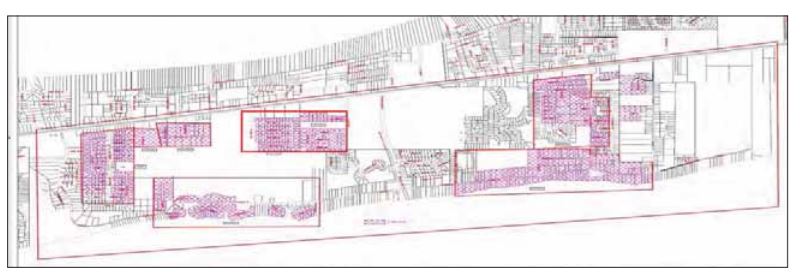
Governor Rick Scott this afternoon announced that Florida’s State Expenditure Plan (SEP), which includes more than $291 million in projects to restore and protect Florida’s Gulf Coast, was approved by the Gulf Coast Ecosystem Restoration Council.
Included in the plan is the Santa Rosa Sound Water Quality Improvement program which aims to improve water quality in Santa Rosa Sound; and restore marine habitats and living resources in the sound that may have been degraded by poor water quality. The program will address two significant sources of pollutant loading to Santa Rosa Sound: (1) old and failing septic systems in coastal residential areas; and (2) effluent from the Navarre Beach Wastewater Treatment Plant.
Santa Rosa County District 5 Commissioner Lane Lynchard, who represents Santa Rosa County on The Gulf Consortium, said approval of the Florida State Expenditure Plan brings the future of water quality improvements in Santa Rosa Sound into focus.
“The first project will begin the process of converting old and failing septic systems along the sound to sewer, keeping bacteria and nutrients out of the water. The SEP also allows us to work toward eliminating the discharge of effluent into Santa Rosa Sound from the Navarre Beach Waste Water Treatment Facility. The benefits of the plan will be seen for decades to come, protecting and restoring our marine environment,” Lynchard said.
Two areas have been prioritized for expansion of an existing centralized sewer system and the abandonment of septic systems:
Soundside Drive and Holley by the Sea, according to the SEP.

The plan includes converting 595 septic tanks in Holley By the Sea

163 septic tanks on Sounside Drive are also eyed for conversion to sewer service
The Navarre Beach Wastewater Treatment Plant was originally constructed in the early 1970s and has a capacity to treat 900,000 gallons per day of domestic wastewater, although actual flows range from 200,000 to 500,000 gallons per day, depending on the season. Santa Rosa County has been working toward the goal of eliminating the discharge of plant’s effluent from the sound since the late 1990s.
After assessing various alternative discharge options, the Board of County Commissioners approved a plan to eliminate the discharge into the Sound by conveying the effluent to a land application disposal site located on Eglin Air Force Base (AFB) property.
Grover Robinson, Gulf Consortium Chairman, said, “We are very excited about the approval of the Florida State Expenditure Plan. This is a culmination of 5 years of work and cooperation with and between federal, state and local governments. This ambitious plan implements environmental restoration projects across 23 counties from the Perdido River in my county of Escambia to Key West in Monroe County. I am incredibly proud of the work that has been done and the goals that will be accomplished to make Florida better. Thank you to everyone who participated in this endeavor and all Floridians will benefit from this effort.”
“Today, I am proud to announce the approval of Florida’s robust plan to invest more than $290 million in critical projects along Florida’s Gulf Coast. The communities impacted by the Deepwater Horizon Oil Spill have come so far since that tragic disaster and we will never stop fighting to protect our environment and make sure families and businesses along the Gulf Coast continue to grow. The approval of this funding is great news and I look forward to continuing our good work with all of our partners to take care of Florida’s Gulf Coast,” said Governor Scott.
View the SEP at https://www.gulfconsortium.org/draft-state-expenditure-plan.
The Gulf Consortium is a public entity created in 2012 that consists of one representative of each of Florida’s Gulf Coast counties and six non-voting Governor appointees. The Gulf Consortium is working in partnership with the State of Florida to recover the Gulf of Mexico following the Deepwater Horizon oil spill.
The RESTORE Act, which was passed by Congress on June 29, 2012, created the Gulf Coast Ecosystem Restoration Council, and establishes various funding categories. The RESTORE Act is funded by Clean Water Act civil and administrative penalties paid by responsible parties from the Deepwater Horizon oil spill. The Council is comprised of the five Gulf State Governors and six federal agencies.





































